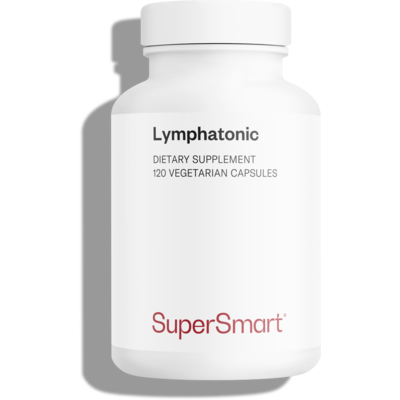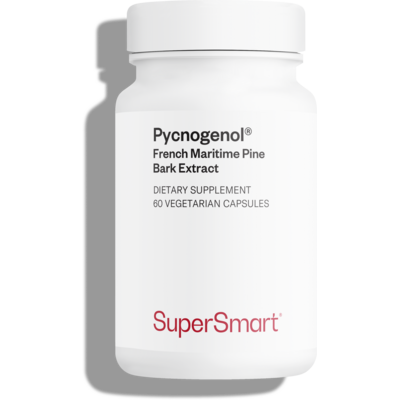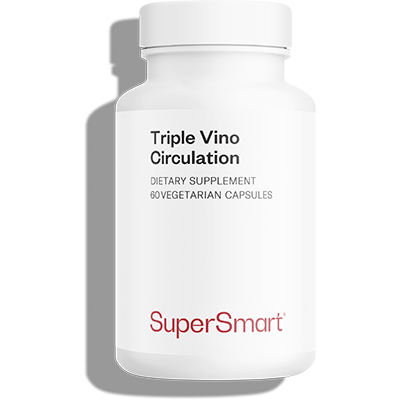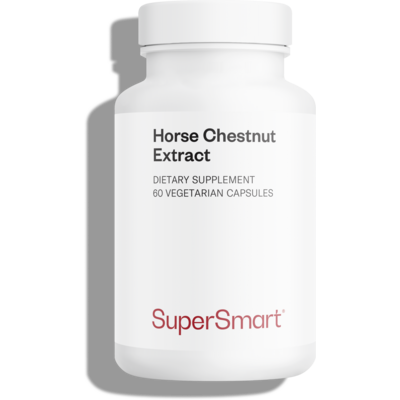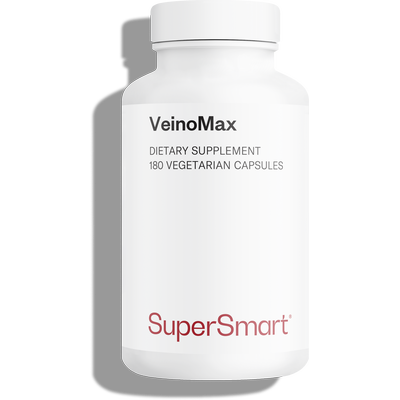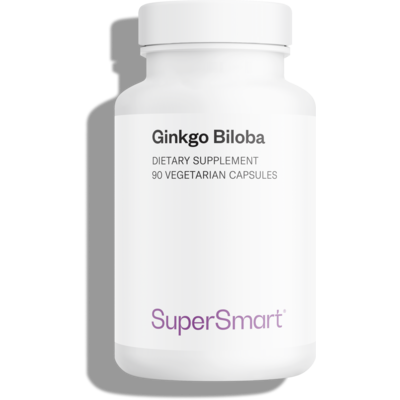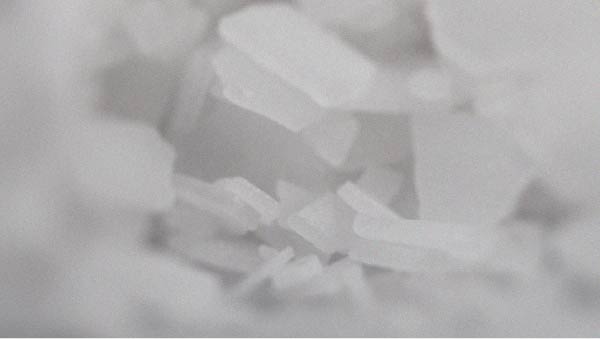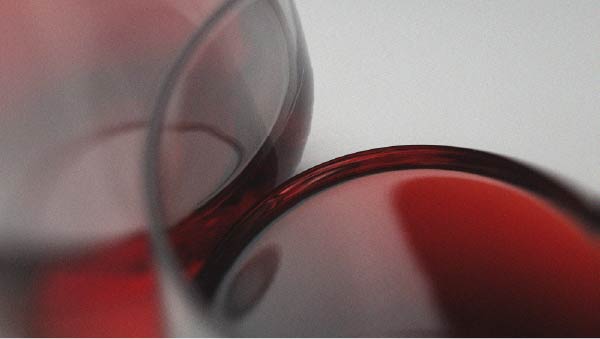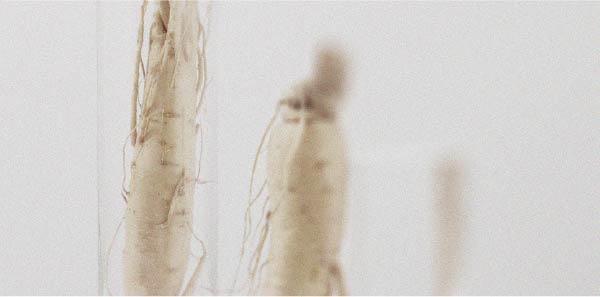Which supplements can help relieve heavy legs?
Heavy legs, painful calves, swollen feet … More than 1 in 3 adults complain of venous circulation problems in the legs. Find out which supplements are best for helping relieve this condition.
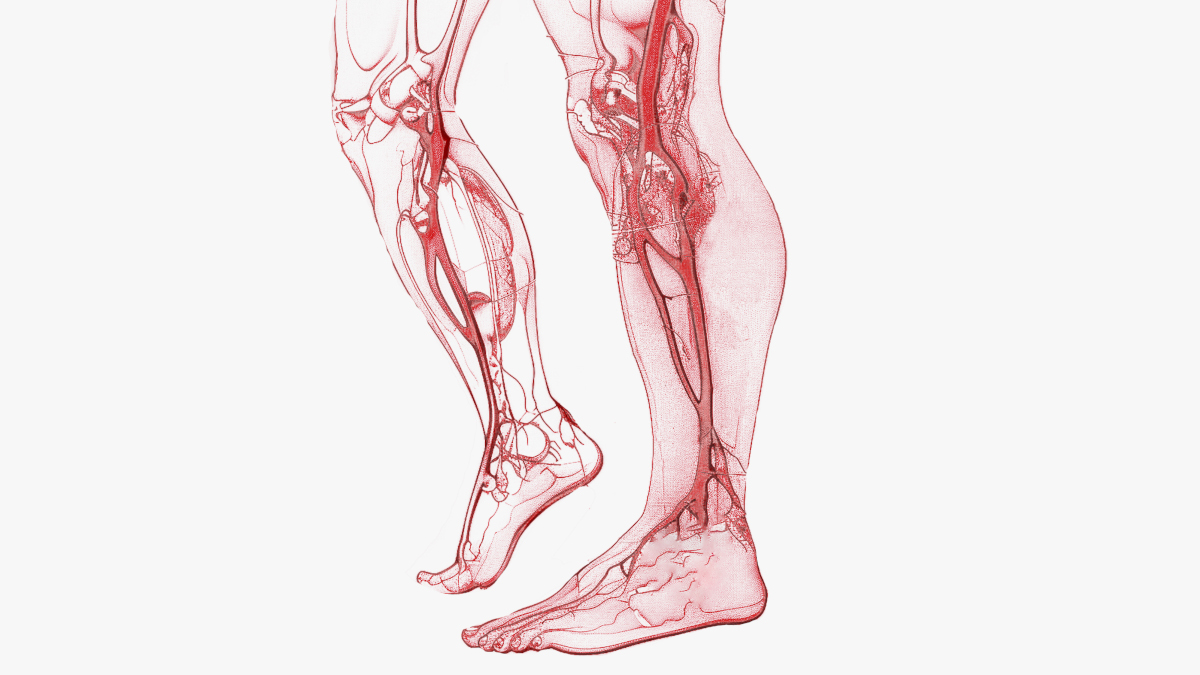
What exactly is heavy leg syndrome?
The feeling of heavy legs is a symptom characteristic of chronic venous insufficiency. This is an abnormality of the venous system in which the body is unable to efficiently return oxygen-free venous blood to the heart.
It predominantly affects the legs because of gravity. Sending blood back up from the toes to the chest is no easy feat and requires several mechanisms such as valves, and ‘anti-reflux flaps’, which prevent the backflow of blood. Muscle contractions normally allow these valves to tighten and produce a suction effect but this can be impaired in chronic venous insufficiency.
There are four stages in the development of this condition: the symptom of heavy, swollen legs heralds the first stage. At the second, the legs become painful, and dilated or purplish veins start to appear, the first evidence of varicose veins. At stage 3, these varicose veins become more pronounced and painful, and stage 4 is when hard-to-treat venous ulcers develop.
Natural tips for relieving heavy legs
To ease the feeling of heavy legs naturally, try to:
- take regular exercise (walking, swimming, cycling…) and avoid staying still for too long in general;
- raise your legs above your heart to encourage venous return;
- massage your legs and apply alternate jets of hot and cold water (finishing with cold water) to stimulate blood flow;
- avoid having hot baths, saunas, etc., as excessive heat can dilate the veins;
- avoid wearing too-tight clothes and high heels;
- make regular use of compression stockings (which exert gentle pressure on your legs) to reduce swelling;
- and stay well-hydrated to support your circulation.
Let’s now take a look at the best supplements for reducing leg discomfort.
Horse chestnut: the n°1 supplement for relieving heavy legs
The scientific community agrees that horse chestnut is the most effective supplement for alleviating discomfort in the legs. Several meta-analyses (1-3) have been published to this effect, validating this natural extract’s traditional use which spans thousands of years. Horse chestnut supplements also support overall vascular health.
While the mechanism of action is not yet fully understood, scientists believe that aescin, a mixture of saponins with vasoconstrictive effects, plays a key role. Affecting several enzymes, aescin is believed to strengthen vein walls and improve their permeability, thus facilitating the flow of blood back to the heart. This is the mechanism of action at work in venotonic drugs. One study even showed Aescin’s effects could be equivalent to that of compression (4) (support stockings), the gold standard treatment for the relief of venous insufficiency-related symptoms.
To obtain maximum benefit from the properties of horse chestnut, take a supplement with a guaranteed aescin content (such as Horse Chestnut Extract), under the supervision of a health professional.
Many other natural supplements are taken for heavy legs
While horse chestnut extract is the prime supplement for eliminating leg discomfort, other supplements offer genuine advantages too, either instead or in addition. They have two things in common: their high level of polyphenols or saponosides and the number of scientific studies conducted into heavy leg symptoms:
- maritime pine bark, with its high content of oligo-proanthocyanidins, helps to normalize blood flow in the body and thus facilitate venous circulation in the legs. The supplement Pycnogenol is the only product to contain the patented extract used in many conclusive studies;
- yellow sweet clover (Melilotus officinalis) has been used since ancient times to facilitate circulation. Several scientific studies have demonstrated its ability to relieve venous insufficiency-related symptoms, due in particular to its high coumarin content. The best supplements (such as Lymphatonic) contain up to 18%;
- bitter orange extract, rich in flavonoids, especially hesperidin, is also considered a key aid in relieving discomfort in the legs. Some supplements (such as Hesperidin Methyl Chalcone) offer hemisynthetic molecules to significantly increase the initial efficacy of the natural compounds;
- red vine leaf and grape seed are also very popular with people suffering from swollen legs. The European Medicines Agency (EMA) recognizes the efficacy of red vine in relieving heavy legs, varicose veins, hemorrhoids, etc. These ingredients are available in the form of herbal teas or polyphenol-rich supplements;
- ginkgo biloba supports normal blood flow and promotes good peripheral circulation. Its high content of ginkgo flavon glycosides and terpene lactone makes it one of the most widely-used supplements in the world, particularly by those suffering from venous insufficiency (one such product is Ginkgo biloba).
There are also synergistic supplements (such as VeinoMax) in which most of these natural extracts are combined. However, they should all be taken with the approval of a health professional and as part of an overall treatment for chronic venous insufficiency and heavy legs, where compression is often a key element. A course of supplements usually lasts 3 months or 20 days a month in non-continuous supplementation.
Attention: self-medication or independent use of dietary supplements can be considered when symptoms are only at stage 0 or 1 of venous insufficiency development. Always consult a health professional to confirm which stage you are at.
SuperSmart ADVICE
References
- Suter A, Bommer S, Rechner J. Treatment of patients with venous insufficiency with fresh plant horse chestnut seed extract: a review of 5 clinical studies. Adv Ther. 2006 Jan-Feb;23(1):179-90.
- Pittler MH, Ernst E. Horse chestnut seed extract for chronic venous insufficiency. Cochrane Database Syst Rev. 2006 Jan 25;(1):CD003230. Review.
- Siebert U, Brach M, et al. Efficacy, routine effectiveness, and safety of horsechestnut seed extract in the treatment of chronic venous insufficiency. A meta-analysis of randomized controlled trials and large observational studies.Int Angiol 2002 Dec;21(4):305-15.
- Diehm C, Trampisch HJ, et al. Comparison of leg compression stocking and oral horse-chestnut seed extract therapy in patients with chronic venous insufficiency.Lancet 1996 Feb 3;347(8997):292-4.
Keywords
21 Hours
great products and prices
great products and prices
Marie
6 Days
Easy to navigate site
Easy to navigate site, had what I was searching for, good price. easy order-check out
James Tucker
12 Days
My skin is clearing up nicely!
Pretty good for my skin so far.
Christian
15 Days
The new packaging is excellent
The new packaging is excellent - finally! No more squashed boxes and torn envelopes.
GORAN
15 Days
Great Product
Great Product
Larry Garrett
20 Days
Quick shipping
Quick shipping; good price. No issues!
Mary McCarty
21 Days
Thr product is very good and is helping…
Thr product is very good and is helping me on my health. Then is always on time
LUGO Luz
24 Days
Buying was fine
Buying was fine. I had problems with the website not recognizing my login info, and had to call to get it fixed. Other than that, everything was good.
David S. Clark
24 Days
Your super maca and super ginseng are…phenomenal
Your super maca and super ginseng are phenomenal supplements that compliment each other when taking them together. Fantastic feeling of well-being and lots of mid day energy without the crash.
Keith Mason
27 Days
I have had amazing results with every…
I have had amazing results with every supplement I've purchased. I am extremely satisfied with this company
kirstin Torres
27 Days
Fine products
Fine products . They are on the leading edge of online supplements. The only issue -so far-is they sometime run out of subscription items.
Jason Argos
29 Days
The ordering process is very user…
The ordering process is very user friendly and the products always come in a timely manner.
CARTER Rhonda
31 Days
The price for Dr
The price for Dr. Pero's AC-11 is reasonable and in line with his views. (my former colleague). Keep it pure.
CAMPBELL Clayton
33 Days
Right on every time.
Right on every time.
Arthur Nicholas
36 Days
They are cheaper than everyone else and…
They are cheaper than everyone else and the shipping was fast. Great company.
Patricia Adams


